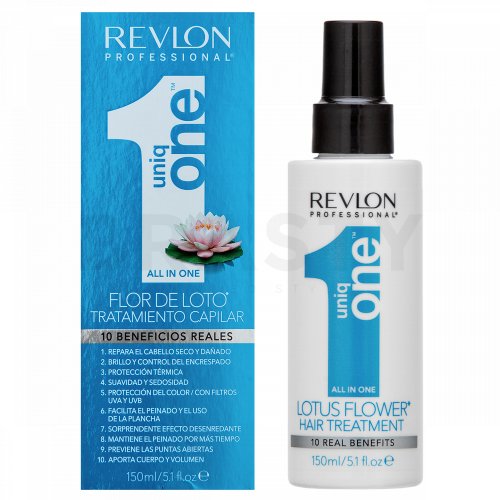

More research is coming, and the applications are promising. The caveat is that it can interact with several medications. Recent research points to improving the quality of life for patients with multiple sclerosis, changing hormones and insulin sensitivity in those dealing with polycystic ovary syndrome, and using it topically to improve mild dermatitis.Īccording to these studies, evening primrose oil might just be the Swiss Army knife of the medicinal plant world. It can also help with other health concerns, such as breast pain. It’s been known to help with conditions such as atopic dermatitis and diabetic neuropathy.

For example, some studies have found that evening primrose oil has anti-inflammatory properties. Studies that are available on this oil tend to be all over the map, but there are studies that are stronger than others.
#Magic flower treatment skin#
The vibrant yellow evening primrose flower produces an oil that’s thought to alleviate the symptoms of PMS and skin conditions like eczema. As always, speak with your doctor before starting any new health treatment. We hope this guide will act as a starting point to those who wish to integrate herbal remedies into their lives and arrive armed with knowledge. Many of these plants are somewhere between 3 and 4, according to Wilson. She’s marked “0” as unsafe with no research, and “5” as completely safe with ample research. These plants have the most numerous high-quality studies and are the safer choices among herbal remedies. If you’d like to add some medicinal plants to your wellness regimen, Wilson sifted through the latest studies and provides her own ratings system for our list. Keep this in mind before choosing supplements from the shelf. However, both plants and supplements, which aren’t regulated by the Food and Drug Administration for safety or quality, can have questionable dosage and might have a risk of contamination. Herbs can also be a way to add a needed nutrient. It’s a wonderful way to experience their effects and the satisfaction of growing them yourself. At times, Wilson notes, ingesting the plants can have even less risk than taking concentrated, manufactured supplements, as there’s more risk of contamination of the product with the manufacture processes.

Making decisions about herbs along with more traditional medicinal approaches is something you and your healthcare practitioner can address together. That’s why, with the help of specialist Debra Rose Wilson, we’re looking at the most effective and therapeutic plants - which have strong scientific evidence to support their safe use. With this cautionary tale in mind, choosing the right plant can seem difficult to someone who simply wants to feel better without taking medication. Most herbs haven’t been tested for safety for those who are vulnerable, and trying herbs isn’t worth the risk. Avoid using herbs for infants and children and for those who are pregnant and breastfeeding. Pay attention to what the evidence says about each herb’s effectiveness as well as potential interactions or safety issues. However, many herbs and teas offer harmless subtle ways to improve your health. Many of them are sold with unfounded promises. Many carry the same risks and side effects as manufactured medicines. These alternatives aren’t cure-alls, and they aren’t perfect. While these manufactured drugs have certainly become paramount in our lives, it can be comforting to know that the power of nature is on our side, and these herbal choices are available to complement our health practices.īut the extent of the power they hold is also still being explored. In fact, at the beginning of the 21st century, 11 percent of the 252 drugs considered “basic and essential” by the World Health Organization were “exclusively of flowering plant origin.” Drugs like codeine, quinine, and morphine all contain plant-derived ingredients. Today, we live in a time when manufactured medicines and prescriptions prevail, but do they have to be the only approach to healing?Įven with all of these engineered options at our fingertips, many people find themselves turning back to the medicinal plants that started it all: Herbal remedies that have the ability to heal and boost physical and mental well-being. We scoured through histories of herbal studies for you


 0 kommentar(er)
0 kommentar(er)
